Accessibility Tools
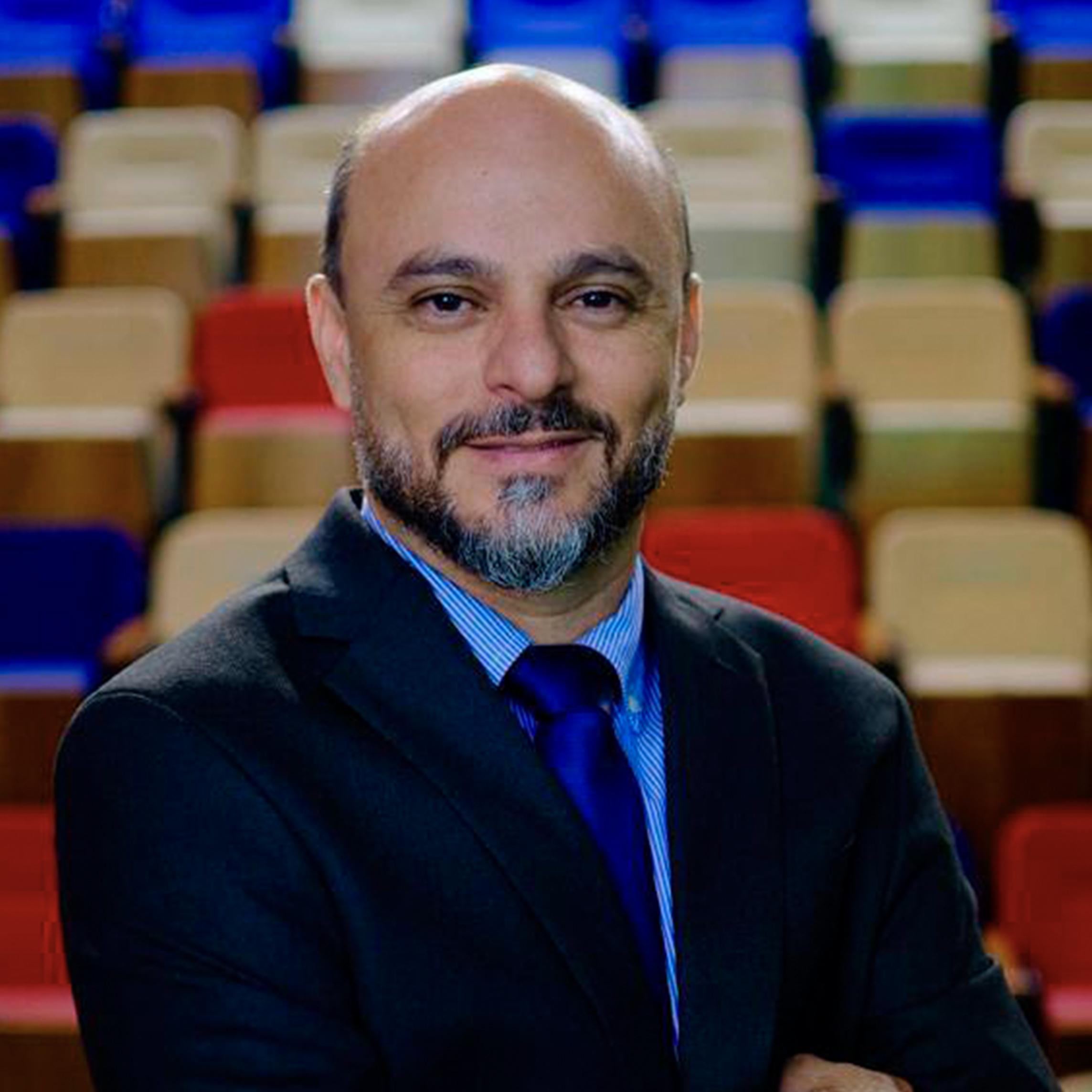 Possui Graduação em Engenharia Civil pela Universidade Federal do Espírito Santo (1999), Mestrado em Engenharia de Transportes pelo Instituto Militar de Engenharia (2002) e Doutorado em Computação Aplicada pelo Instituto Nacional de Pesquisas Espaciais (2007). Possui Pós-Doutorado pela HEC-Montréal/Universidade de Montréal (2011) e atualmente é professor do Programa de Pós-Graduação em Engenharia de Transportes da COPPE/UFRJ com experiência nas áreas de Transportes, Logística e Pesquisa Operacional (ênfase em Otimização Combinatória).
Possui Graduação em Engenharia Civil pela Universidade Federal do Espírito Santo (1999), Mestrado em Engenharia de Transportes pelo Instituto Militar de Engenharia (2002) e Doutorado em Computação Aplicada pelo Instituto Nacional de Pesquisas Espaciais (2007). Possui Pós-Doutorado pela HEC-Montréal/Universidade de Montréal (2011) e atualmente é professor do Programa de Pós-Graduação em Engenharia de Transportes da COPPE/UFRJ com experiência nas áreas de Transportes, Logística e Pesquisa Operacional (ênfase em Otimização Combinatória).
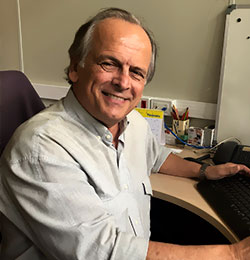 Possui graduação em Engenharia Civil pela Universidade Federal do Rio de Janeiro (1976), mestrado em Engenharia de Transportes pelo Instituto Militar de Engenharia (1985), mestrado em Transportes (D E A Transports) pela Ecole Nationale des Ponts et Chaussées (1989) e doutorado em Transportes (Doctorat Transports), também pela Ecole Nationale des Ponts et Chaussées (1992). Atualmente é professor associado da Universidade Federal do Rio de Janeiro. Tem experiência na área de Engenharia de Transportes, com ênfase em Operação de Sistemas de Transporte, atuando principalmente nos seguintes temas: planejamento, projeto, construção, operação e gestão de transportes, sistemas de transporte metroviário e ferroviário, transporte público, transporte de carga e transporte na logística. Atualmente é vice-coordenador e professor do Programa de Engenharia de Transportes (PET) da COPPE/UFRJ.
Possui graduação em Engenharia Civil pela Universidade Federal do Rio de Janeiro (1976), mestrado em Engenharia de Transportes pelo Instituto Militar de Engenharia (1985), mestrado em Transportes (D E A Transports) pela Ecole Nationale des Ponts et Chaussées (1989) e doutorado em Transportes (Doctorat Transports), também pela Ecole Nationale des Ponts et Chaussées (1992). Atualmente é professor associado da Universidade Federal do Rio de Janeiro. Tem experiência na área de Engenharia de Transportes, com ênfase em Operação de Sistemas de Transporte, atuando principalmente nos seguintes temas: planejamento, projeto, construção, operação e gestão de transportes, sistemas de transporte metroviário e ferroviário, transporte público, transporte de carga e transporte na logística. Atualmente é vice-coordenador e professor do Programa de Engenharia de Transportes (PET) da COPPE/UFRJ.
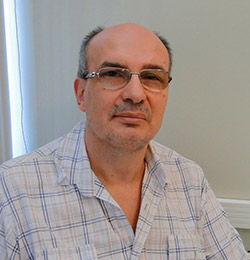
BSc in Mechanical and Automotive Engineering and MSc in Transportation Engineering (Military Institute of Engineering: 1989 and 1999). PhD in Transportation Engineering (COPPE / UFRJ: 2004). He has professional experience in companies such as Companhia Brasileira de Petróleo Ipiranga, SHV / Minasgás S.A. Distribuidora de Gás Combustível and Coca-Cola. He held the position of Director of Transport Planning at the Municipal Superintendence of Urban Transport (SMTU) of the Municipality of Rio de Janeiro. He was a professor at the Military Institute of Engineering and the Brazilian Capital Markets Institute (IBMEC). Since 2006 he is a professor in the Transportation Engineering Program at COPPE / UFRJ with experience in the areas of Freight Transport Planning, Logistics and Transport, Energy and Environment, with an emphasis on Transportation Systems Management. He was Director (2007 to 2012), President (2013 to 2016) and Executive Director (2017 and 2018) of the National Association for Research and Education in Transportation (ANPET). He is a Productivity Researcher 1A (top 10) and a consultant to the National Council for Scientific and Technological Development (CNPq) of the Ministry of Science, Technology, Innovation and Communications (MCTIC). He was the lead author of Chapter 8 (Transport) of Assessment Report 5 of the United Nations Intergovernmental Panel on Climate Change (IPCC). He coordinated the Transport Chapter of the Brazilian Panel on Climate Change (PBMC) for the Ministry of the Environment. He was the founder and currently President of the Brazilian Institute of Sustainable Transport (IBTS) where he is a volunteer collaborator. Considering relations with institutions, he has held various positions as researcher, consultant and project coordinator with public and private entities such as: Ministry of Regional Development, Ministry of Science, Technology, Innovations and Communications; Ministry of Economy; Brazilian Agency for Industrial Development; Brazilian Climate Change Forum; Federation of Passenger Transport Companies of the State of Rio de Janeiro; Military Institute of Engineering; GIZ (Deutsche Gesellschaft für Internationale Zusammenarbeit GmbH); Getúlio Vargas Foundation; World Wide Fund for Nature; Greenpeace; Instituto Clima e Sociedade and Climate Works Foundation. In its 20 years of academic activity, it has published 83 scientific articles (30 in indexed journals) in the lines of research on transport, technology and the environment and sustainability in mobility and logistics. He is the author of the only national textbook on transportation, energy use and environmental impacts, recently (2019) published in a global edition in English. He has consolidated professional experience in sustainability management in mobility and logistics, transportation, energy use and environmental impacts and future projections for energy use and environmental impacts in transportation.
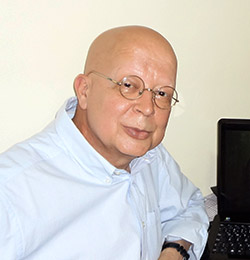
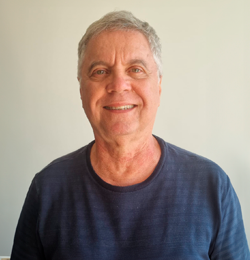 ORCID: 0000-0003-4789-6708
ORCID: 0000-0003-4789-6708
CV Lattes: CV: http://lattes.cnpq.br/0307508005355403
E-mail: This email address is being protected from spambots. You need JavaScript enabled to view it.
Phone: +55 21 3938-8170
Av. Horácio Macedo, 2030. Bloco H - Sala 106 - Ilha do Fundão
Zip code: 21941-914 - Rio de Janeiro, RJ, Brazil
Lives in Rio de Janeiro, Brazil
Romulo Orrico has forty years of significant experience in the field of transport engineering. He has worked with transport economics, planning and the environment, including public finance and regulation policies, and developing studies and projects for national and international institutions.
Orrico's main research interests are in the area of public transport, mainly in the planning, economics and regulation of transport networks. To date, he has 21 doctoral theses and 63 master's dissertations, in addition to 8 books, 30 book chapters and 42 published scientific articles.
He is also a member of the Editorial Board of journals Case Studies on Transport Policy (Elsevier) and Transporte y Territorio (Universidad de Buenos Aires) and reviewer of some journals such as Transport Policy (Elsevier), Simulation Journal (Taylor & Francis) Transport (ANPET) and Revista Brasileira de Gestão Urbana (PUC-PR).
He was Secretary of State for the Administration of the State of Rio de Janeiro (2002) and Deputy Municipal Secretary of Transport of Rio de Janeiro (2009-2011). Among other responsibilities, were the design and implementation of the BRS network (twenty selected priority corridors) in the city of Rio, studies for the implementation of the integration of the public transport fare (single ticket) and the reorganization and regulation of informal transport.
He has led more than 20 research projects for development entities (CNPq, Faperj, Finep), public sector entities (BNDES, BHTrans, Ministry of Transport, DNIT, Geipot, EBTU, Governments of the State of Bahia and Rio de Janeiro , and many Brazilian cities), and private companies like Groupe Renault, IADB and IBRD.
PNCT Development of methodology for Origin and Destination (OD) survey, consolidation and treatment of vehicle flow data and application of a mathematical model to estimate average daily annual traffic volume for the entire federal highway network. A partnership between the National Department of Transport Infrastructure (DNIT) and the UFRJ (2016-2021).
LUTI Integrated Land Use and Transport Planning, supported by CNPq. To develop a methodology for designing a public transport network in a metropolitan area integrated with strategic planning and land use. The project also includes the proposition of a computational model capable of both predicting the effects that different transport network configurations have on land use, and measuring the impacts of these transformations on this network. 2015-2020.
Mobility and Covid-19. Measuring the effectiveness of Covid-19's social isolation policy based on transport demand models. Developed in partnership with Coppe / UFRJ and Cefet-MG, it was one of those selected by the United Nations Development Program (UNDP) to integrate the program “Exploring the impact of COVID-19 and the political response in Latin America and the Caribbean, through mobility data”.
In addition to data on mobility and Covid-19 available in Brazil, PNUD and Grandata company provide anonymous data on mobility, on population movements outside their homes. The objective is to better understand the socioeconomic impacts of the pandemic in the country and, thus, contribute to the construction of public policies for Latin America and the Caribe.
Mobility and Covid-19 at RJMA. Technical note presented by Coppe/UFRJ to the Rio de Janeiro State Secretariat of Transport on actions to combat Covid-19 in relation to the transport system of the Rio de Janeiro Metropolitan Area. From the perspective of the metropolitan articulation, the financial articulation and the strengthening of the sector's regulatory agencies, specific actions were presented for each of the main public transport modes, as well as for active transport (bicycles and walking).
PDUI Strategic Urban and Integrated Development Plan for the Rio de Janeiro Metropolitan Area: Mobility Sector. A special attention to the effective relationship between the mobility system and the spatial reconfiguration, more specifically the understanding of the causal relationships between these two fields and to examine how the proposals and actions already carried out in the scope of mobility they would be in support of the existing planning or if, in reverse, they would contradict it. Furthermore, to conceive, in the Mobility and Urban Logistics sector, a set of actions to reduce the urban sprawl, the hypertrophy of downtown, supporting the development of the new centralities and promoting the use of services and technologies of transport aligned with social and environmentally sustainable development. 2015-2017.
CIL Logistics Integration Centers. Development of a methodology to assist the Ministry of Transport in deciding on a CIL network in Brazil, in order to reduce overall transport and logistics costs, encourage modal shift for railways and waterways and promote regional and local economic development in the CILs’ vicinity. Ministry of Transport 2015-2016
Urban public transport networks: a methodological roadmap for its conception. Unlike the usual models, it creates urban transport networks both to meet current demands and, in particular, to support the development of centralities defined by Urban Planning, notably emerging and planned ones and, consequently, avoiding the unnecessary use of the area and minimizing negative displacements, two serious side effects of traditional transport planning in Brazil. CNPq. 2009-2013.
